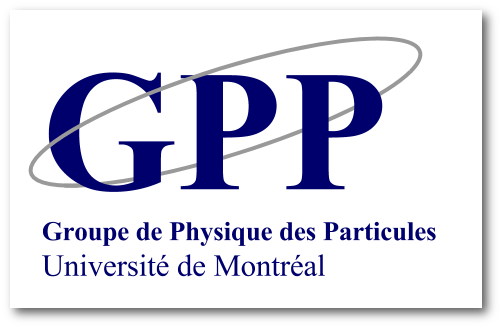You are here
Measurement of the charged-pion polarizability at CERN COMPASS
The pion polarizability is of fundamental interest in the low-energy sector of quantum chromodynamics. It is directly linked to the quark-gluon substructure and dynamics of the pion, the lightest bound system of the strong interaction. COMPASS measured the electromagnetic polarizability of the charged pion, which describes the stiffness of the pion against deformation in strong electromagnetic fields. Previous low statistics experiments in Serpukhov (Russia), where the Primakoff method for realizing interactions of charged pions with quasi-real photons was first employed. Later, other measurements based on photon-nucleon and photon-photon collisions were also carried out at different laboratories. The COMPASS measurement demonstrates that the charged-pion polarizability is significantly smaller than previous results, roughly by a factor two, with the smallest uncertainties realized so far. The results are consistent with chiral perturbation theory predictions, and strength the identification of the pion with the Goldstone boson of the strong interaction.
The COMPASS Collaboration, C. Adolph et al. (2015). Measurement of the Charged-Pion Polarizability. Physical Review Letters, 114(6), 062002.
Biography: Murray Moinester, Emeritus Professor of Physics, received his Ph.D. from the
University of Rochester in 1968, and then joined the faculty at Tel Aviv University. He served
as guest professor for extended periods at many leading universities and accelerator
laboratories, has extensive experience in experimental and computational methods, carried out
many research programs in high energy particle and nuclear physics, published some 200
scientific papers in refereed journals, authored some 75 conference papers; worked as a patent writer, on water security via online IR monitoring of chemical hazards, in the field of Archaeology on infrared imaging & scientific dating, on statistics analysis for the social sciences, and on climate engineering.

